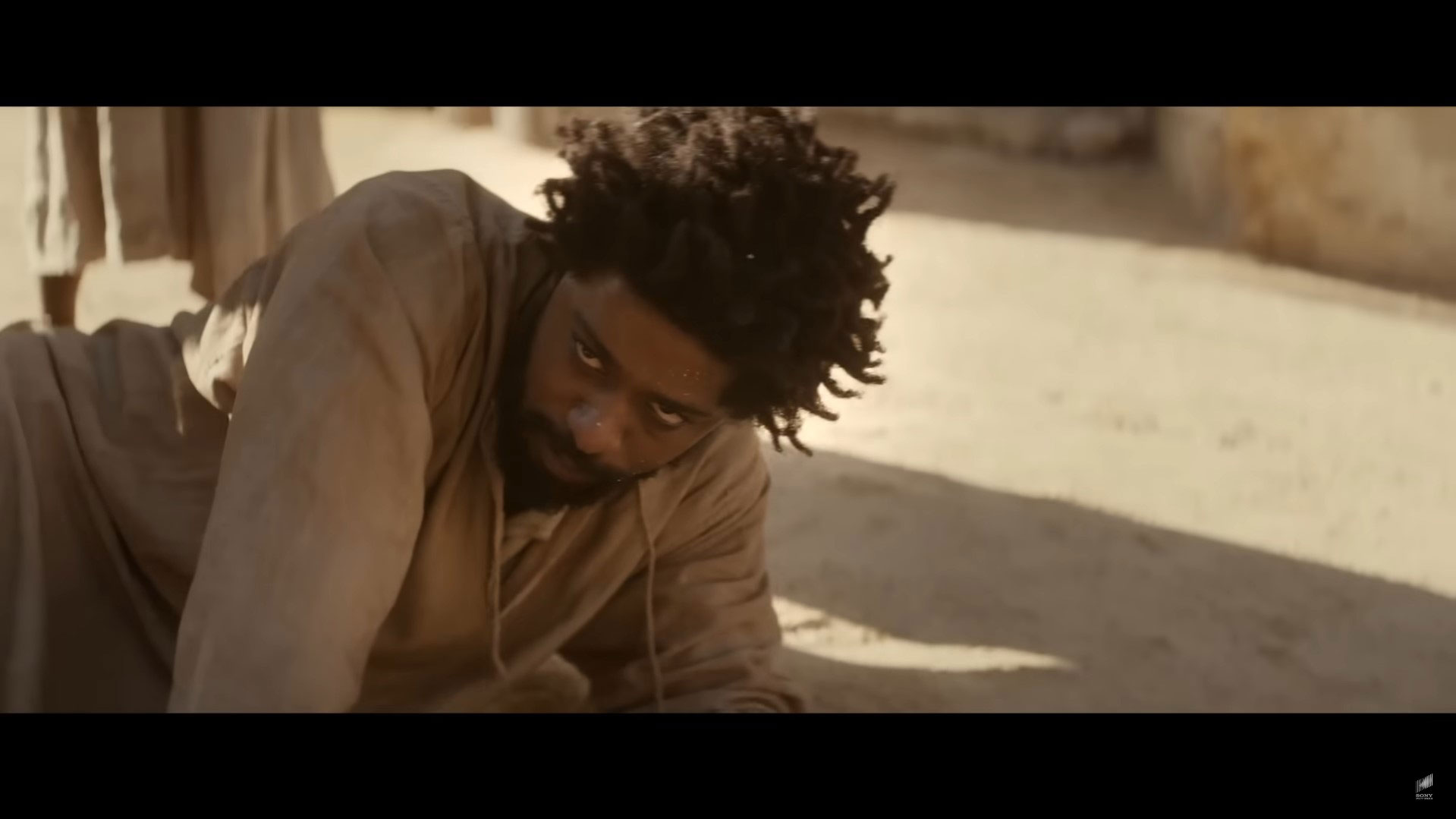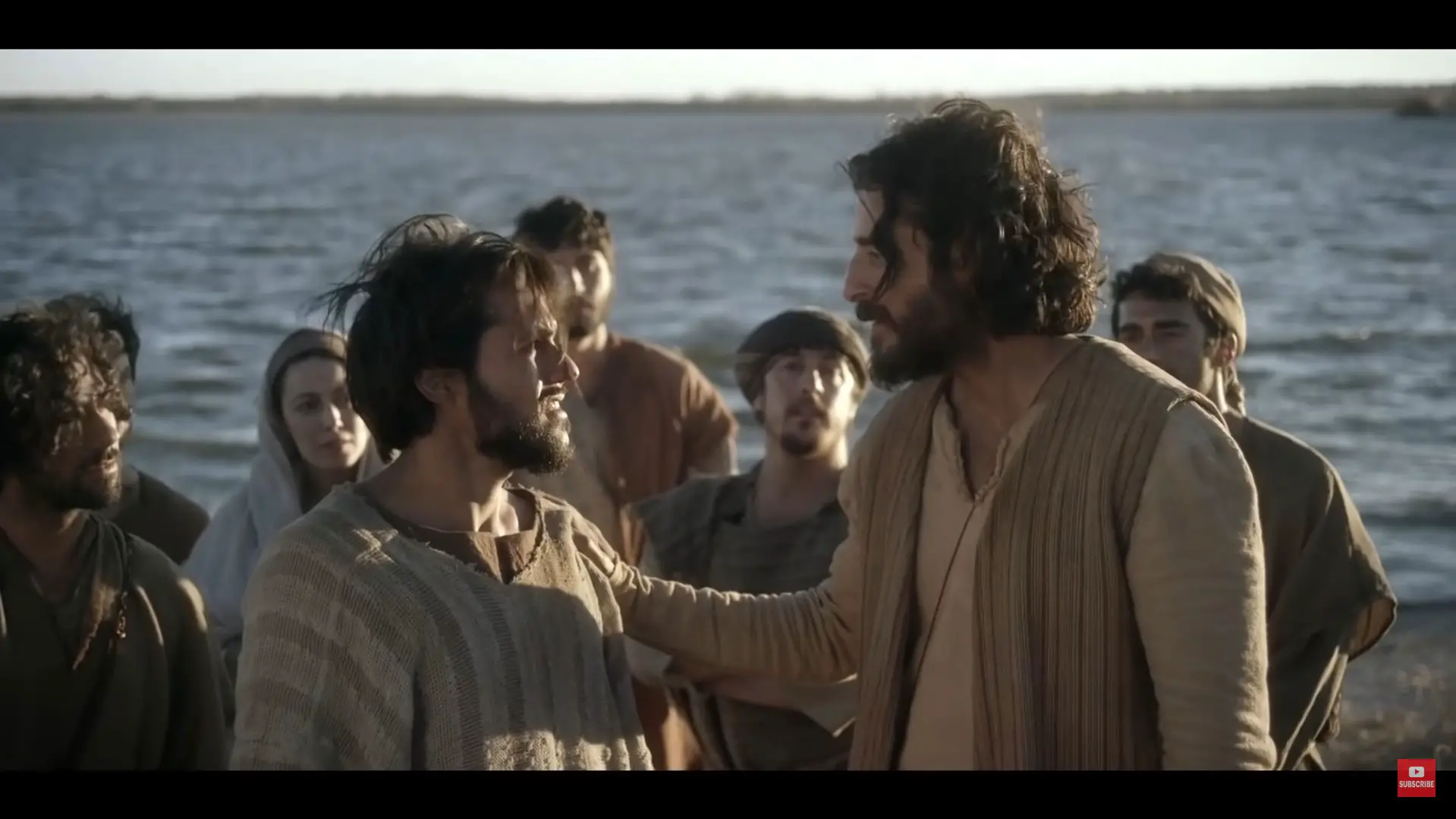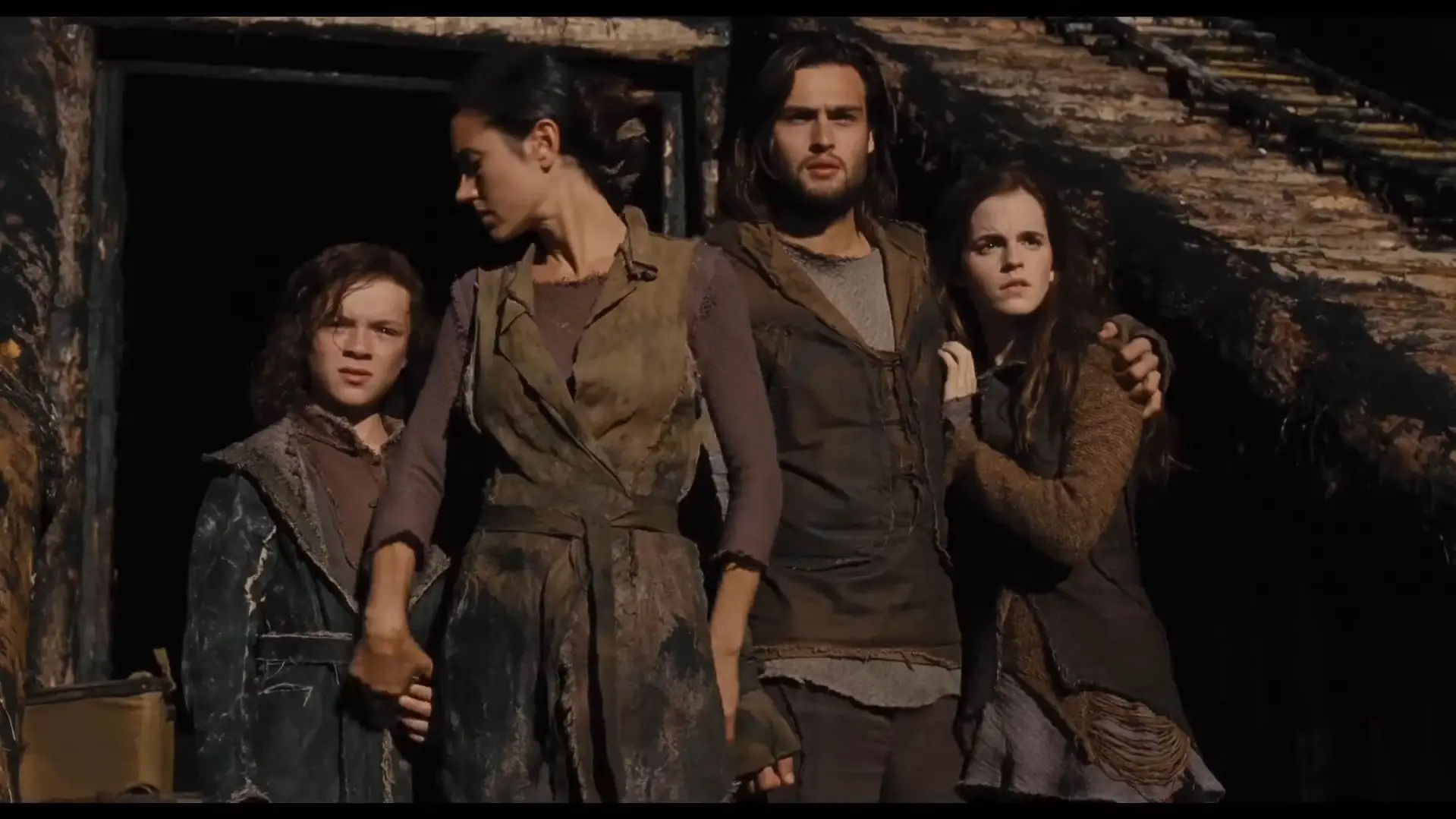
Biblical Movies
Biblical movies bring to life stories from the Bible, combining faith, drama, and history to inspire and entertain audiences. These films often depict well-known figures such as Moses, Jesus, Noah, or David, and highlight major events like the Exodus, the Crucifixion, or the Great Flood. While rooted in religious texts, biblical movies often aim to reach both religious and secular audiences by focusing on universal themes such as faith, sacrifice, redemption, and morality.
One of the most iconic biblical films is The Ten Commandments (1956), directed by Cecil B. DeMille. With its epic scale and powerful performances, especially by Charlton Heston as Moses, it set the standard for biblical epics in Hollywood. Another widely acclaimed film is Ben-Hur (1959), which, while not a direct Bible story, is deeply influenced by biblical themes and set during the life of Jesus.
More modern takes include The Passion of the Christ (2004), directed by Mel Gibson. Known for its intense and emotional depiction of the last hours of Jesus’ life, it sparked global discussion and became a major box-office success. Animated films like The Prince of Egypt (1998) have also gained praise for making biblical narratives accessible to younger viewers through music, art, and storytelling.
Biblical movies can vary in tone—from literal adaptations to more artistic interpretations. Some focus on historical realism, while others use metaphor or fictional characters to explore spiritual themes. Films like Noah (2014) and Exodus: Gods and Kings (2014) took creative liberties that sparked debate, but also brought new attention to ancient stories.
Whether viewed as expressions of faith or simply powerful storytelling, biblical movies continue to resonate. They offer viewers a cinematic experience filled with hope, struggle, divine intervention, and timeless moral lessons.


The King of Kings

The Book of Clarence

His Only Son

The Chosen

Son of God

Joseph: King of Dreams

Noah

The Prince of Egypt

The Star (2017)



